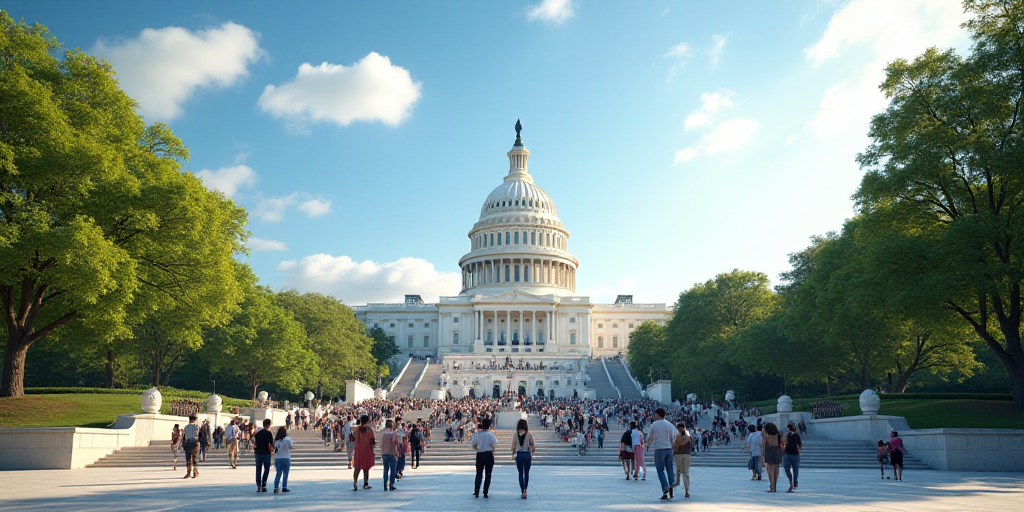Background on the Case
In a significant ruling, a US trade court specializing in international commerce has halted the reciprocal tariffs of at least 10% imposed by former President Donald Trump on incoming products. The court determined that only Congress holds the authority to implement such tariffs.
Who is Donald Trump?
Donald John Trump is an American businessman, television personality, and politician who served as the 45th president of the United States from January 20, 2017, to January 20, 2021. Known for his controversial policies and business acumen, Trump’s presidency was marked by numerous trade disputes and tariff impositions.
The Court’s Decision
The US Court of International Trade, which deals with legal matters related to international trade, ruled that the imposition of tariffs requires legislative action. The court asserted that President Trump overstepped his executive powers by unilaterally imposing these tariffs.
Impact on Trade and Businesses
This decision has far-reaching implications for both domestic and international businesses. By blocking the tariffs, the court safeguards American consumers from potential price increases and maintains a more stable trading relationship with other countries. Furthermore, it ensures that the executive branch adheres to the constitutional division of powers.
Key Questions and Answers
- What are reciprocal tariffs? Reciprocal tariffs are trade policies where a country imposes the same import duties on foreign goods that another country charges on its exports. In this case, Trump aimed to match tariffs imposed by other nations on US goods.
- Why did the court intervene? The court stepped in because it determined that only Congress has the authority to enact tariffs, and President Trump exceeded his executive powers by unilaterally imposing these tariffs.
- What are the consequences of this ruling? This decision protects American consumers from potential price hikes and preserves a more stable trading relationship with other countries. It also reinforces the constitutional balance of power between the executive and legislative branches.






